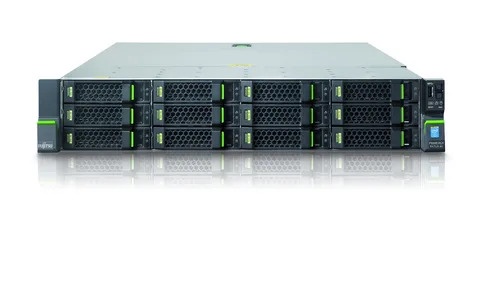In today's data-driven world, businesses face the challenge of managing vast amounts of data efficiently while balancing performance, scalability, and cost. Hybrid storage solutions have emerged as a compelling option, offering a blend of performance, scalability, and cost-effectiveness. This article explores the intricacies of hybrid storage solutions and how businesses can leverage them to optimize their storage infrastructure.
Introduction to Hybrid Storage Solutions
Hybrid storage solutions combine the best of both worlds: the speed and responsiveness of flash storage with the capacity and affordability of traditional hard disk drives (HDDs). By intelligently tiering data across different storage media, hybrid solutions ensure that frequently accessed data resides on high-performance flash storage, while less frequently accessed data is stored on cost-effective HDDs.
Understanding Performance in Hybrid Storage
Performance is a critical consideration in hybrid storage solutions. Factors such as read/write speeds, latency, and IOPS (Input/Output Operations Per Second) play a crucial role in determining the overall performance of the storage system. Balancing these factors ensures that applications have the necessary speed and responsiveness while optimizing resource utilization.
Scalability in Hybrid Storage Solutions
Scalability is another key aspect of hybrid storage solutions. As data volumes continue to grow exponentially, organizations need storage solutions that can scale seamlessly to accommodate increasing demands. Hybrid solutions offer scalability by allowing organizations to expand storage capacity easily without sacrificing performance.
Cost Considerations in Hybrid Storage
Cost is a significant factor for businesses when evaluating storage solutions. While flash storage offers superior performance, it comes at a higher cost per gigabyte compared to HDDs. Hybrid storage solutions strike a balance between performance and cost by tiering data intelligently and optimizing resource allocation.
Implementing Hybrid Storage Solutions
Implementing hybrid storage solutions requires careful planning and consideration. Businesses need to assess their storage requirements, analyze workload patterns, and design a storage architecture that meets their needs. Best practices include conducting a thorough assessment of existing infrastructure, selecting the right combination of storage media, and implementing data tiering strategies effectively.
Case Studies: Successful Hybrid Storage Implementations
Real-world examples demonstrate the effectiveness of hybrid storage solutions in addressing diverse storage challenges. Case studies highlight organizations that have successfully implemented hybrid storage solutions to improve performance, scalability, and cost-efficiency in their storage environments.
Future Trends in Hybrid Storage Technology
The landscape of hybrid storage technology is continually evolving, with new innovations shaping the future of storage infrastructure. Emerging trends such as NVMe over Fabrics (NVMe-oF), software-defined storage (SDS), and machine learning-driven storage management promise to further enhance the performance, scalability, and cost-effectiveness of hybrid storage solutions.
Conclusion
Hybrid storage solutions offer a compelling blend of performance, scalability, and cost-effectiveness, making them an ideal choice for businesses seeking to optimize their storage infrastructure. By intelligently tiering data across different storage media, organizations can achieve the right balance between speed, capacity, and cost, ensuring that their storage infrastructure meets the demands of today's data-driven world.


No comments yet